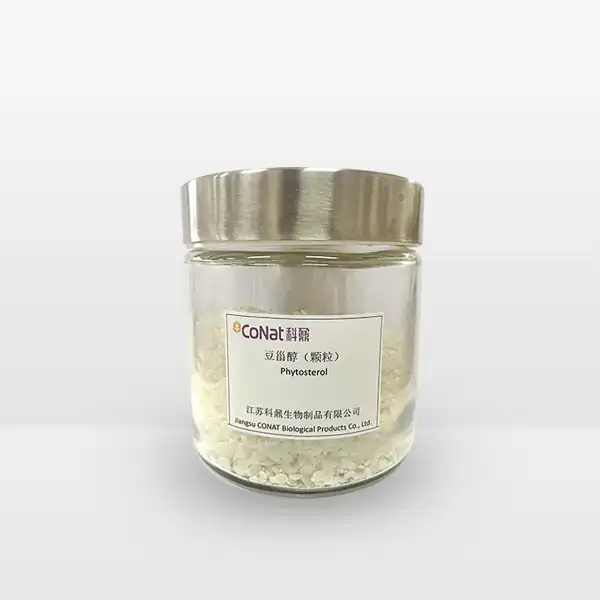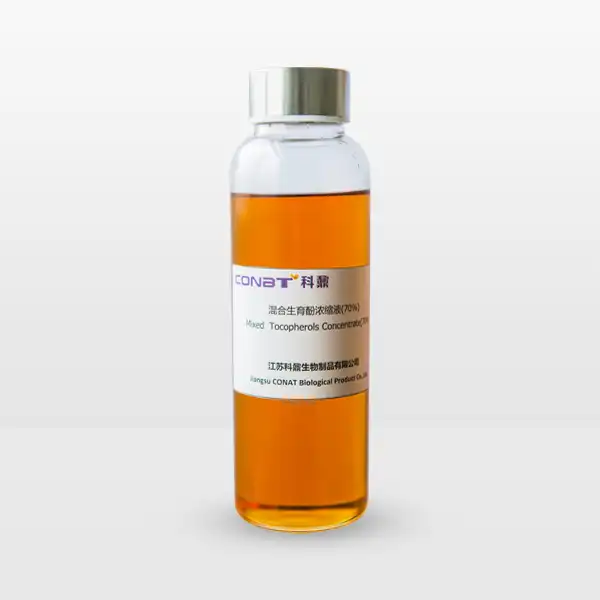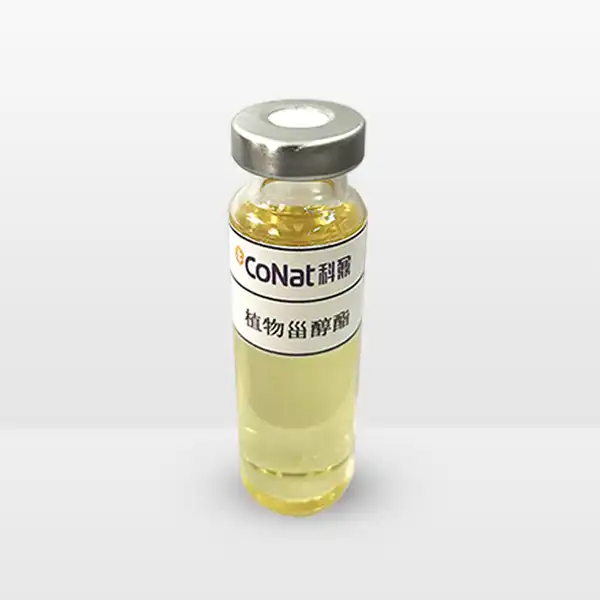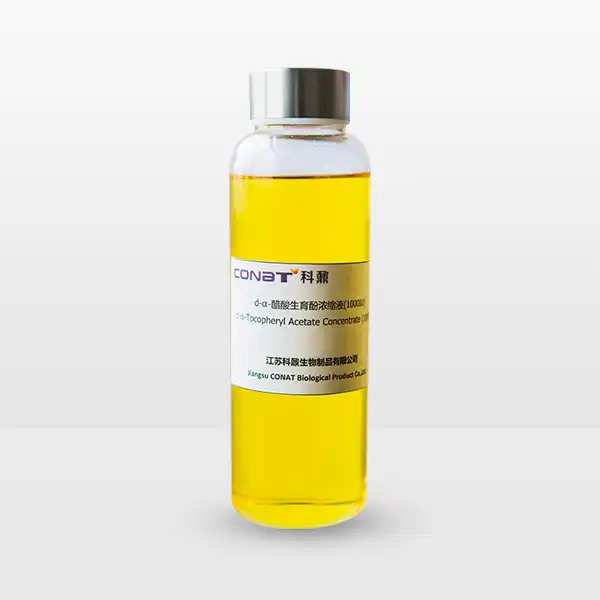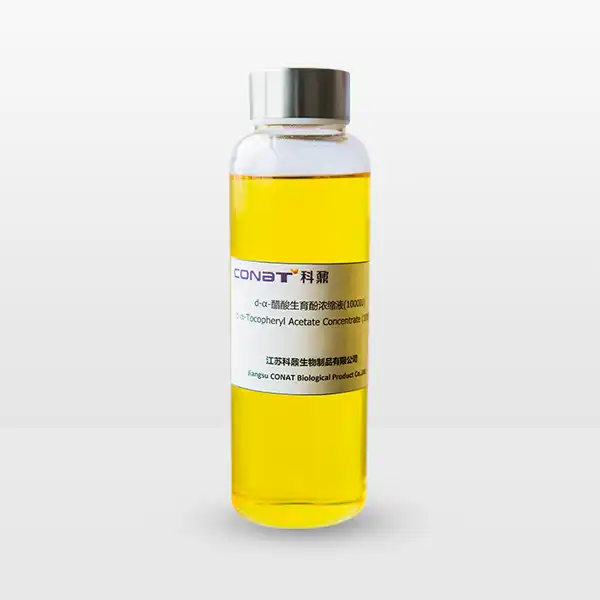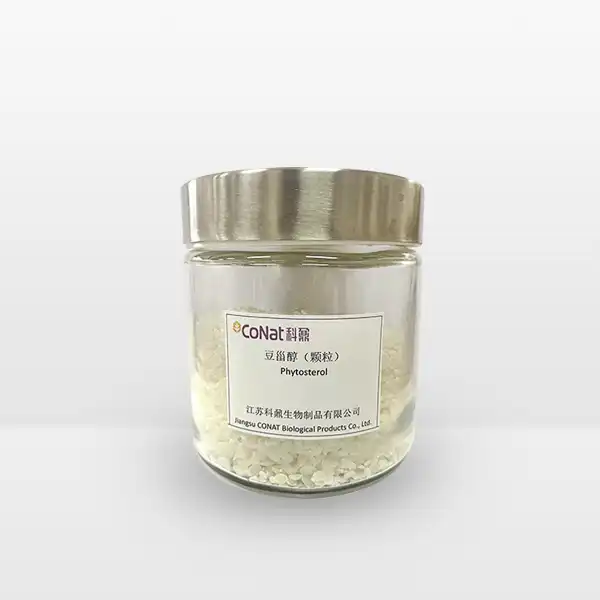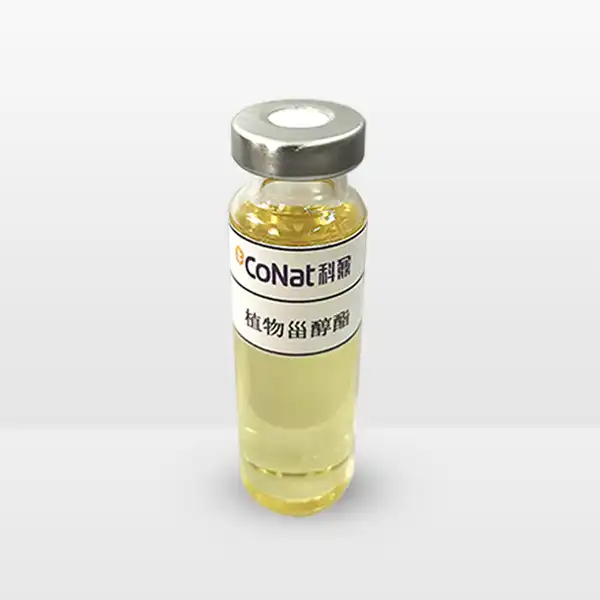- English
- French
- German
- Portuguese
- Spanish
- Russian
- Japanese
- Korean
- Arabic
- Greek
- German
- Turkish
- Italian
- Danish
- Romanian
- Indonesian
- Czech
- Afrikaans
- Swedish
- Polish
- Basque
- Catalan
- Esperanto
- Hindi
- Lao
- Albanian
- Amharic
- Armenian
- Azerbaijani
- Belarusian
- Bengali
- Bosnian
- Bulgarian
- Cebuano
- Chichewa
- Corsican
- Croatian
- Dutch
- Estonian
- Filipino
- Finnish
- Frisian
- Galician
- Georgian
- Gujarati
- Haitian
- Hausa
- Hawaiian
- Hebrew
- Hmong
- Hungarian
- Icelandic
- Igbo
- Javanese
- Kannada
- Kazakh
- Khmer
- Kurdish
- Kyrgyz
- Latin
- Latvian
- Lithuanian
- Luxembou..
- Macedonian
- Malagasy
- Malay
- Malayalam
- Maltese
- Maori
- Marathi
- Mongolian
- Burmese
- Nepali
- Norwegian
- Pashto
- Persian
- Punjabi
- Serbian
- Sesotho
- Sinhala
- Slovak
- Slovenian
- Somali
- Samoan
- Scots Gaelic
- Shona
- Sindhi
- Sundanese
- Swahili
- Tajik
- Tamil
- Telugu
- Thai
- Ukrainian
- Urdu
- Uzbek
- Vietnamese
- Welsh
- Xhosa
- Yiddish
- Yoruba
- Zulu
Can Natural Vitamin E Extract Help Boost Immunity?
In today's health-conscious world, the search for natural ways to strengthen our immune system has become increasingly important. Natural vitamin E extract has emerged as a powerful antioxidant that captures significant attention in both scientific research and public health discussions. This essential nutrient, found in various natural sources, plays a crucial role in supporting immune function and overall health. As we delve deeper into the relationship between natural vitamin E extract and immune health, we'll explore its mechanisms, benefits, and practical applications in boosting our body's natural defenses.
What Are the Best Natural Sources of Vitamin E Extract?
The journey to understanding natural vitamin E extract begins with identifying its richest sources in nature. Plant-based oils stand as the most concentrated natural sources of vitamin E, with wheat germ oil leading the pack, containing approximately 135.2 mg per 100g serving. Sunflower seeds and almonds follow closely, offering substantial amounts of this vital nutrient. Cold-pressed vegetable oils, particularly those from sunflower, safflower, and olive, preserve the highest levels of natural vitamin E compared to their refined counterparts.
Green leafy vegetables, while not as concentrated as oils and seeds, contribute significantly to our daily vitamin E intake. Spinach, Swiss chard, and collard greens provide not only vitamin E but also complementary nutrients that enhance its absorption. Avocados deserve special mention as they offer a unique combination of healthy fats and vitamin E, making them an excellent source for those seeking natural options.
Nuts and seeds present another valuable category of natural vitamin E sources. Beyond almonds, hazelnuts, pine nuts, and peanuts contain impressive amounts of this antioxidant. These foods not only provide vitamin E but also offer the advantage of convenient snacking and versatile culinary applications. Research indicates that consuming these whole food sources of vitamin E may provide additional benefits beyond those observed with isolated supplements, thanks to the synergistic effects of other naturally occurring compounds.
Marine sources, though less commonly discussed, also contribute to our vitamin E intake. Certain types of fish, particularly salmon and trout, contain meaningful amounts of vitamin E, along with omega-3 fatty acids that may enhance its effectiveness. The combination of these nutrients creates a powerful antioxidant effect that supports both immune function and overall health.
How Does Natural Vitamin E Extract Support Immune Cell Function?
The relationship between natural vitamin E extract and immune cell function represents one of the most fascinating aspects of nutritional immunology. At its core, vitamin E acts as a powerful antioxidant that protects immune cells from oxidative stress, allowing them to function optimally in defending the body against pathogens and other threats.
T-cells, which play a central role in cell-mediated immunity, show enhanced activity in the presence of adequate vitamin E levels. Research has demonstrated that vitamin E supplementation can increase T-cell proliferation and improve their ability to produce important signaling molecules called cytokines. These improvements in T-cell function are particularly significant as we age, as vitamin E appears to help counteract the natural decline in immune function that occurs over time.
Natural killer (NK) cells, another crucial component of our immune system, also benefit from vitamin E's presence. These cells serve as our body's first line of defense against virally infected cells and early-stage cancer cells. Studies have shown that vitamin E supplementation can enhance NK cell activity, potentially improving our body's ability to identify and eliminate threatening cells before they can cause harm.
The production of antibodies, essential proteins that help identify and neutralize pathogens, is another aspect of immune function influenced by vitamin E. Research indicates that adequate vitamin E levels support optimal antibody production, particularly in response to vaccinations. This finding has important implications for public health and suggests that maintaining proper vitamin E status could help maximize the effectiveness of immunization programs.
How Much Natural Vitamin E Extract Should You Take Daily for Immune Support?
Determining the optimal daily intake of natural vitamin E extract for immune support requires careful consideration of various factors, including age, health status, and overall dietary patterns. The Recommended Dietary Allowance (RDA) for vitamin E in adults is 15 mg (22.4 IU) per day, but research suggests that higher amounts may be beneficial for immune support, particularly during periods of increased stress or exposure to environmental toxins.
Studies investigating immune function have often used doses ranging from 200 to 800 IU daily, with some research indicating that these higher levels can enhance immune response without significant risk of adverse effects. However, it's crucial to note that these doses should be approached with careful consideration and preferably under healthcare provider guidance. The body's ability to absorb and utilize vitamin E can vary significantly between individuals, making personalized dosing recommendations valuable.
Timing also plays a role in natural vitamin E extract supplementation for immune support. Since vitamin E is fat-soluble, taking it with meals containing healthy fats can significantly improve its absorption. This understanding has led to recommendations for spreading vitamin E intake throughout the day, rather than consuming it all at once, to optimize its benefits for immune function.
Age-related considerations also influence optimal vitamin E intake. Older adults may benefit from slightly higher doses due to decreased absorption efficiency and increased oxidative stress that comes with aging. However, this should be balanced against other medications and health conditions that might affect vitamin E metabolism.
Athletes and individuals under high physical stress may require additional vitamin E support to maintain optimal immune function. Research has shown that intense physical activity can increase oxidative stress and potentially compromise immune function, making adequate vitamin E intake particularly important for this population.
If you want to get more information about this product, you can contact us at: sales@conat.cn.
References:
1. National Institutes of Health Office of Dietary Supplements. "Vitamin E Fact Sheet for Health Professionals." (2021)
2. Meydani SN, et al. "Vitamin E and immune response in the aged: molecular mechanisms and clinical implications." Immunological Reviews (2005)
3. Lewis ED, et al. "Natural Health Products and Natural Compounds as Immunomodulators." Nutrients (2019)
4. Wu D, Meydani SN. "Age-associated changes in immune function: impact of vitamin E intervention." Journal of Leukocyte Biology (2008)
5. Mocchegiani E, et al. "Vitamin E-gene interactions in aging and inflammatory age-related diseases." Experimental Gerontology (2014)
6. Lee GY, Han SN. "The Role of Vitamin E in Immunity." Nutrients (2018)
7. Vitamin E and immunity: New insights (2020). Frontiers in Immunology
8. Natural Sources of Vitamin E: A Comprehensive Review (2019). Journal of Food Science and Technology
9. Optimal Vitamin E Supplementation Strategies (2021). Nutrition Research Reviews
10. Immune System Enhancement Through Natural Antioxidants (2022). Clinical Nutrition Research
